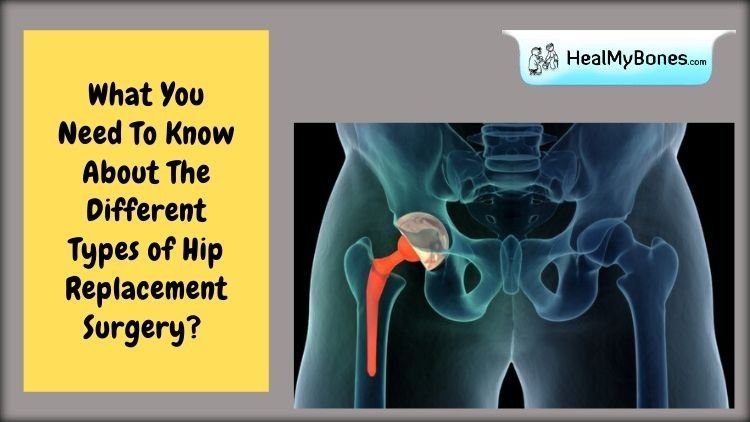It isn’t just about the athletes. Even those who live a sedentary lifestyle whose ligaments aren’t adequately conditioned, they are prone to ligament injuries.
In general, if a ligament – strong bands of connective tissue that attach bone to bone, providing stabilization and flexibility to the joints – is pivoted beyond a threshold, it may sustain a tear. The extent of this tear decides the severity of the sprain.
Ligament injuries are common to the ankle, knee, and neck.
Mild, Moderate, And Severe Ligament Injuries
The symptoms of a ligament injury include sudden – and severe – pain, swelling in and around the injured spot, inability to put weight on the joint without pain, and more.
A mild ligament tear, it can be healed with proper self-care. However, if the injury is moderate or severe, it would require additional measures, be it wearing a brace or even opting for surgical treatment. In any case, instead of self-diagnosing and getting the severity of the injury incorrect, it’s essential to visit the best ligament doctor in Kolkata. Following the physical examination and after a few tests like x-ray, they can outline the right course of treatment for you.
Again, if the injury is mild or moderate, self-care with additional measures can help the ligament. But if the tear is extensive, reconstructive surgery maybe advised wherein surrogate material is used to replace the torn ligament.The severe case won’t heal itself.
Self-Care And Surgery
In instances of mild and moderate cases, while the ligament will heal itself, it will take its time. Ligaments don’t have too many blood vessels; this limits them the nutrients that are required for the healing process. Further, even when recovering, ligaments would remain weak for weeks and months; the chances of re-injuring self is relatively higher.
This is why instead of sitting on the mild or moderate ligament injury, you must visit an orthopedic doctor to get proper assistance in treatment that speeds the healing process.
Moreover, even “self-care” needs to be informed and well-executed that minimizes the pain, subsequently improves your mobility, and makes the healing process quick. It includes much more than just the R.I.C.E protocol – Rest, Ice, Compression, and Elevation.
Your Answer
So, “can ligaments heal themselves?”
It depends on the grade of the sprain. Grade 1 and grade 2 ligament injuries can heal themselves. But they will take time. They need proper care and doctor’s supervision for better and quick healing.
However, grade 3 injury – which has a complete tear of the ligament – will require surgical treatment.
So, if you have sustained ligament injury, irrespective of the severity, go and see a doctor. Google “top 10 orthopedic doctor in Kolkata”, find an experienced professional, and seek adequate treatment.
Direction:- https://g.page/dr-manoj-kumar-khemani









